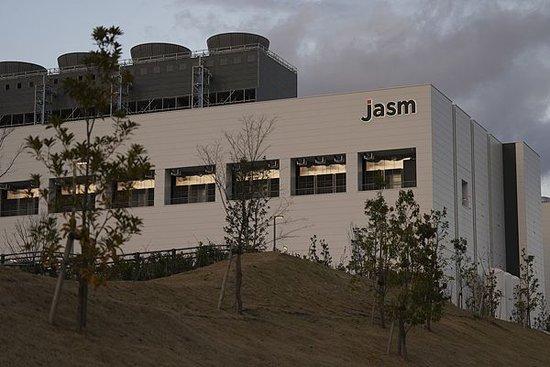
[Report by Ouanchao Net, Chen Sijia] According to a report by The Wall Street Journal on July 4th, due to concerns over Trump’s tariff policies, TSMC might delay the construction of its second factory in Japan and prioritize expanding its investments in the United States. Analysts believe this news is a blow to Japan, reflecting how Trump has sacrificed the interests of allies to bring investment into the U.S.
TSMC’s first factory in Japan commenced operations last autumn, producing chips for clients such as Toyota. In December last year, TSMC announced plans to build its second factory in Hiroshima Prefecture in southern Japan, part of its $20 billion investment plan in Japan. The Japanese government has pledged more than $8 billion in support for this plan.
In June this year, TSMC Chairman Wei Zhejia stated that due to “excessive traffic” in Japan, the construction of the second factory might be “slightly delayed.” However, several sources told The Wall Street Journal that due to concerns about Trump’s tariff policies, the start date of the second factory could further be postponed, making it difficult to predict the exact timeline.
The 25% tariffs imposed by Trump on automobiles and auto parts have severely impacted Japan’s export-oriented economy, which relies heavily on cars. Japan hopes to reach a trade agreement with the U.S. as soon as possible, but negotiations have stalled. If no agreement is reached before July 9th, when the U.S. is set to raise tariffs, Japan will face a 24% tariff.
A Japanese government representative told The Wall Street Journal that the Japanese government has not received direct explanations from TSMC regarding the delay in starting due to traffic conditions, nor does it consider this reason for the delay. Despite the delay, the representative stated that Japan believes the production start date and planned output of the second factory would remain largely unchanged.
Analysts say that TSMC’s decision to delay construction in Japan amidst the pressure from Trump’s tariffs is undoubtedly a blow to Japan.
TSMC has always been known for its prudent spending, concerned about exceeding market demand in capacity construction. However, with the threat of tariffs on chips imported into the United States by Trump, ensuring U.S. production capacity has become a top priority for the company.
TSMC’s clients include tech giants such as Apple and Nvidia, actively expanding globally. Beyond Japan, TSMC commenced construction of its first European factory in Germany at the end of last year, aiming to start production by the end of 2027.
In the United States, TSMC’s investment scale is even larger, having announced an investment of $65 billion previously. In March this year, Wei Zhejia visited the White House and, together with Trump, announced an additional investment of at least $100 billion in the United States. In April, U.S. Secretary of Commerce Gina Raimondo also traveled to Arizona to attend the groundbreaking ceremony for TSMC’s third chip factory in Phoenix.
The factory in Arizona, located outside Taiwan, is TSMC’s only plan to produce advanced process chips outside of China’s Taiwan region. It will supply chips to American tech giants such as Apple, Nvidia, and AMD. The Wall Street Journal reports that this aligns with the U.S. government’s policy to promote domestic semiconductor manufacturing development.
The Trump administration hopes to re-invest in the semiconductor manufacturing industry back in the United States, having initiated tariff investigations on pharmaceuticals and semiconductors in April this year. According to Bloomberg, Trump had previously threatened to impose a 25% tariff on semiconductors but faced widespread opposition from business giants including Tesla, General Motors, and Ford. Industry insiders worry that semiconductor tariffs could disrupt supply chains and increase costs.